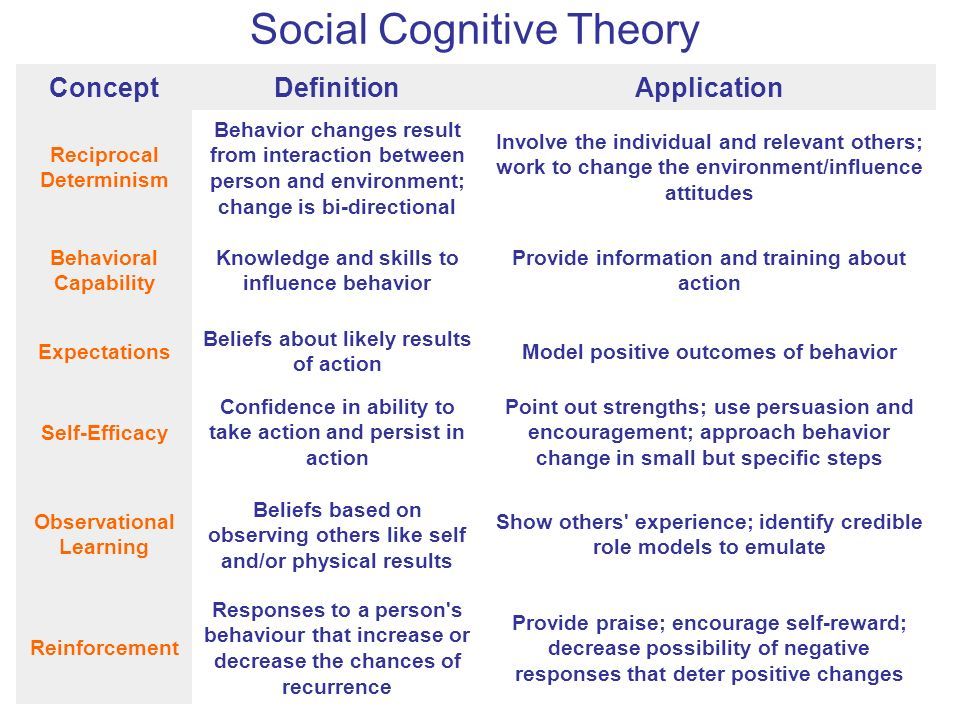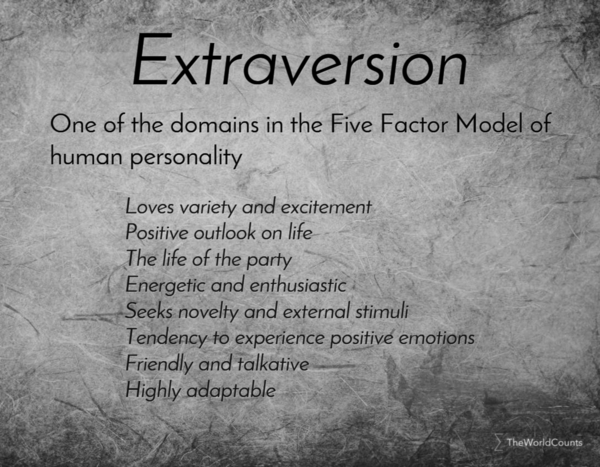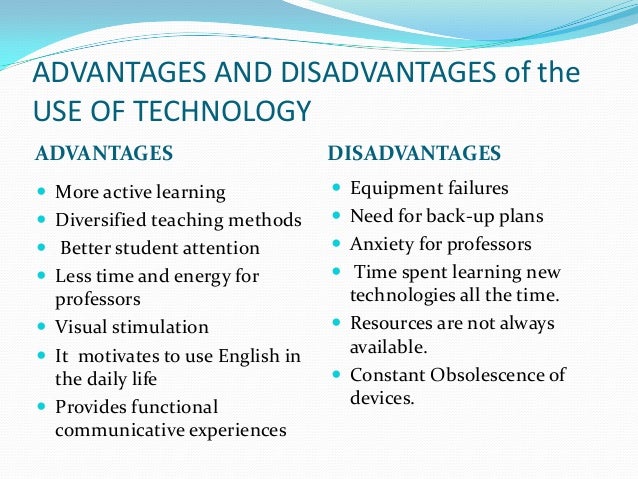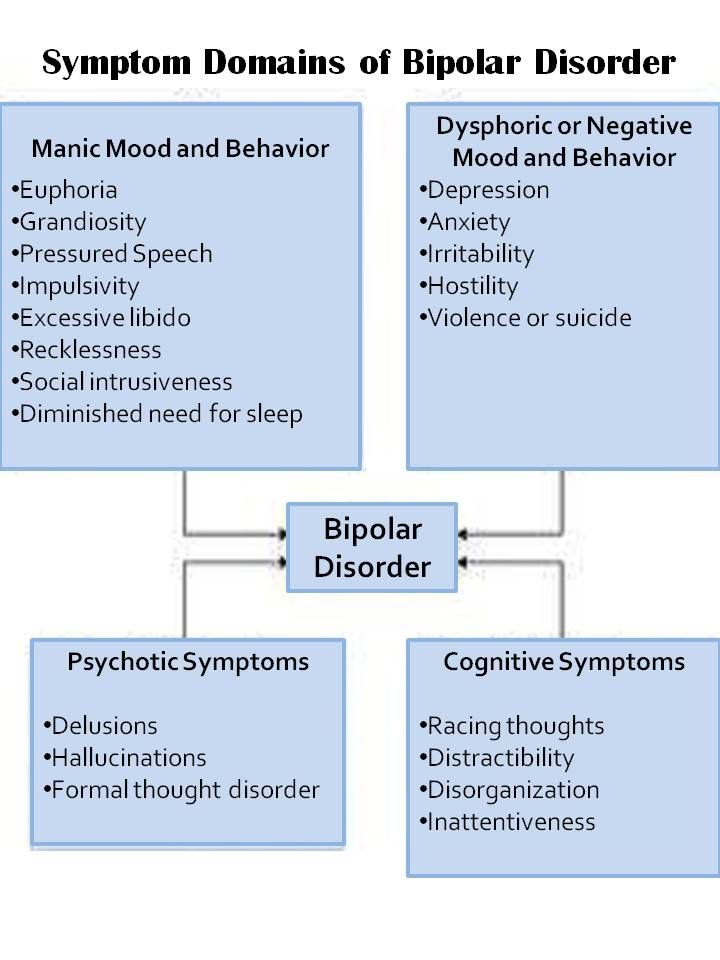How to deal with change in a relationship
Coping with a changing relationship
Preparing for change
Many people just deal with relationship problems as they come along without discussing their hopes and expectations, or seeking help.
Some relationships – such as with a partner, relative or a close friend – may become your most important connections in later life. But if one of you is going through a major change, it can be a difficult time. It’s important to keep talking to each other and, if necessary, ask for support.
An unexpected bonus from the disappointment of not having children has been that we have always made time for each other and for friends of all ages. Being connected to others is important regardless of whether they are blood related.
Retirement
Even if you’ve looked forward to having more free time, it can be difficult to adapt to retirement. You may miss having a sense of purpose and the status you enjoyed at work. Your social circle could get smaller. Or you may find a small handful of people - such as your partner, relatives or a friend - become more important sources of support. But spending a lot more time together can sometimes have a negative impact on your relationship.
What you can do
If you can, plan in advance how you want to spend your time – both together and apart. Having a shared interest or hobby can help but it’s also important to maintain your independence. Try to:
- stay active
- keep in touch with friends and make new ones
- find a new purpose – consider volunteering, for example
- rekindle or keep up your sex life.
Relate has some useful tips to help you plan for retirement.
Ill health
Living with a health condition may bring you closer to your partner, relative or friend, but it can also put pressure on that relationship. Even if you cope in your main relationship, you may notice that other friendships change or you may not get the support you’d like. For example, you may be unable to do your usual activities with friends and relatives, or may feel reluctant to ask for help. This can make you feel lonely and isolated.
For example, you may be unable to do your usual activities with friends and relatives, or may feel reluctant to ask for help. This can make you feel lonely and isolated.
What you can do
It can help to talk through the impact of your health condition on your relationships. Try Relate or Relationships Scotland for support. There are also many organisations that can help if you’re living with a long-term condition.
If one of you becomes a carer to the other, this can affect you both in different ways. Make sure you’re getting all the support you need by asking your local council for a care needs assessment and a carer’s assessment.
Many carers are unprepared for the change in relationship with the person they care for. You can get help and advice from Carers UK and they also have an online forum where you can talk to other people in a similar situation.
Loneliness in your relationships
Even if you are in a close relationship, you may still feel lonely. This can happen slowly over the years. For example, you may have developed different routines and hobbies or lost a shared focus. Perhaps you find conversation has become limited to things like what to have for dinner or whether the phone bill has been paid.
This can happen slowly over the years. For example, you may have developed different routines and hobbies or lost a shared focus. Perhaps you find conversation has become limited to things like what to have for dinner or whether the phone bill has been paid.
What you can do
If you’re feeling lonely in your relationship, it’s possible that the other person is too. Even if you’ve known each other a long time, you won’t know what they’re thinking and feeling without asking. You’ll need to find ways to reconnect if you want to bring back the quality, love and affection of your earlier relationship.
- Start conversations that are not just about tasks – ask for their views about something.
- Create shared experiences – go out for a walk together, cook together, or try to share something they like.
- Try to see things from their perspective.
- Do something you used to enjoy together.
Relate has some useful information on how to improve communication in your relationships. You may also benefit from some relationship counselling to get back on track. You may have to pay for this.
You may also benefit from some relationship counselling to get back on track. You may have to pay for this.
My uncle cared for his wife for over 12 years after she was diagnosed with dementia. For the first few years they continued to enjoy ballroom dancing but, as my aunt became less mobile, they were unable to join in with the dancing. However, for a while they continued to attend the sessions sitting at the side watching their friends dance, while enjoying drinks and refreshments.
If your relationship is over
Ending a relationship with your partner is very difficult and it can be hard to know if it’s the right thing to do. Apart from the emotional impact, there may be practical, legal and financial problems to sort out.
Only you can make the decision, but it’s worth seeking help through relationship counselling or mediation before you decide. Read Ending your relationshipfor more information.
If you’ve been bereaved, our free guide Coping with bereavement suggests where you may find sources of comfort and support.
Next steps
For relationship advice, contact Relate or Relationships Scotland.
If you’re caring for someone, Carers UK can provide help and advice.
Relationship Changes: Why They Happen and What to Do
Relationships naturally change as they grow and develop. Dealing with changes starts with understanding your partner and learning ways to manage differences.
Navigating relationships with intimate partners, friends, and family members is probably one of the most challenging and complex aspects of the human experience.
Although it’s natural for change to happen in a relationship, sometimes it can be difficult for one or both partners to understand why and what to do about it.
The resulting frustration and conflict may make you feel like your relationship issues are impossible to overcome. The good news is, if you spend some time understanding the root causes of relationship change, you can learn ways to work through it together.
Relationships, especially intimate ones, go through several stages as they develop. While this is happening, you and your partner may also experience stressful life events, such as health issues, financial difficulties, and conflict with friends or family members.
Sometimes life events are exciting — like moving to a new location or getting a new job. But even positive stressors can cause relationship problems.
According to research in 2017, stressors can negatively affect relationship satisfaction, whether the stress comes from within the relationship or from outside.
Some changes that occur in relationships are more impactful than others. For example, big changes may include:
- One of you no longer wants to have children.
- Your partner wants to live somewhere you don’t.
- Your significant other realizes they aren’t monogamous, identifies as another gender, or no longer has the same sexual preferences you do.
- Your partner experiences a new physical or mental health condition.

However, sometimes seemingly minor changes can cause a shift in relationships. These include:
- Your partner joins the gym or starts a new hobby.
- One of you makes a new friend.
- You or your partner’s work schedule changes.
- Annoying habits begin to surface for the first time.
Many of these changes simply result from the natural stages a relationship goes through as it evolves. So, it might help to understand what these stages are, and how you might feel as you navigate them.
In general, there are five commonly accepted stages a relationship may go through as it’s progressing.
1. The infatuation or “honeymoon” stage
Intoxicating and all-encompassing, this is the early phase of a relationship when you can’t seem to get enough of each other.
Although the feeling is blissful, this stage is also where both people are on their best behavior — so it may be difficult to see any negative traits in the other. It’s perhaps where the term “blinded by love” originated.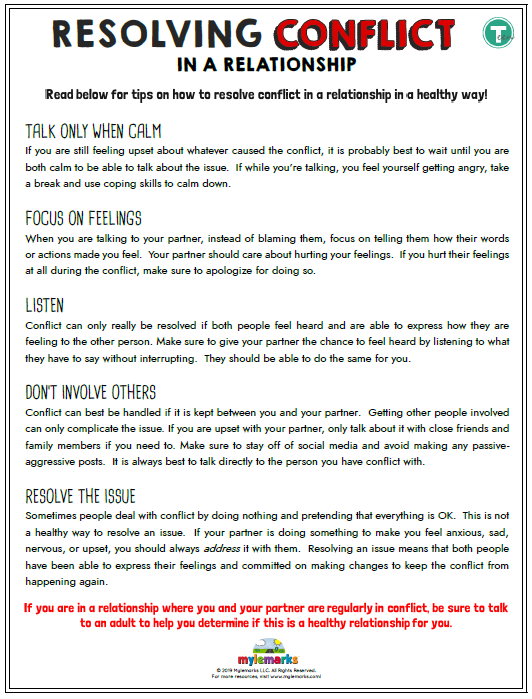
2. The coming together stage
In this stage, you both realize your love for each other and begin to merge your lives. You may announce your partnership to others by posting it on social media and begin to discuss long-term life goals such as marriage or cohabitation.
Here’s where small changes begin to pop up that may mean you and your partner are heading into the next phase of the relationship.
3. The power struggle or disillusionment stage
This stage is hallmarked by natural changes that can be difficult to navigate.
What once was endearing in your mate can become irritating. Differences in values and life goals become apparent, and the love blindness experienced in the infatuation stage is now replaced with 20/20 vision.
Here’s where most couples may begin to doubt everything about the relationship and even question whether it should continue.
4. The commitment stage
Once the rocky road typically endured in the last stage has faded, your relationship may enter a phase of understanding and mutual respect.
You both realize you can’t change the other and also begin to accept your differences. Of course, this stage isn’t immune to challenges brought on by life stressors, but you and your partner are now better equipped to handle them as they appear.
5. The co-creation stage
As time goes on and your relationship has weathered a few storms, a sense of collaboration takes over. As a dedicated team, you and your partner understand each other and begin to take on the world together.
This stage isn’t without its challenges. However, a 2014 study investigating couple longevity suggests couples are less likely to break up the longer they’ve been together.
It’s not necessarily a bad thing when a relationship changes — depending on how you or your partner handle it.
Sometimes changes are good, like getting a new job or making healthy lifestyle choices like joining a gym.
Despite being a positive change, you can have a hard time adapting to any type of change.
For instance, your partner’s promotion at work may be inherently a welcomed change, but it also comes with long work hours. If you or your partner are having a hard time with this new schedule, it can cause strain in the relationship.
Some changes, however, aren’t always good.
For example, suppose your partner was loving and attentive at the beginning of the relationship but, over time, becomes abusive. This negative change can affect the relationship at its core.
If your partner has changed in a way that causes you emotional or physical harm in any way, consider reevaluating your relationship to determine if it’s no longer a safe situation for you.
If you need help
For more information or immediate help, you can contact the National Domestic Violence Hotline online, or call or text “START” to 800-799-7233. This resource is completely confidential.
If something is suddenly different in your relationship — big or small — here are a few tips to help you navigate it successfully.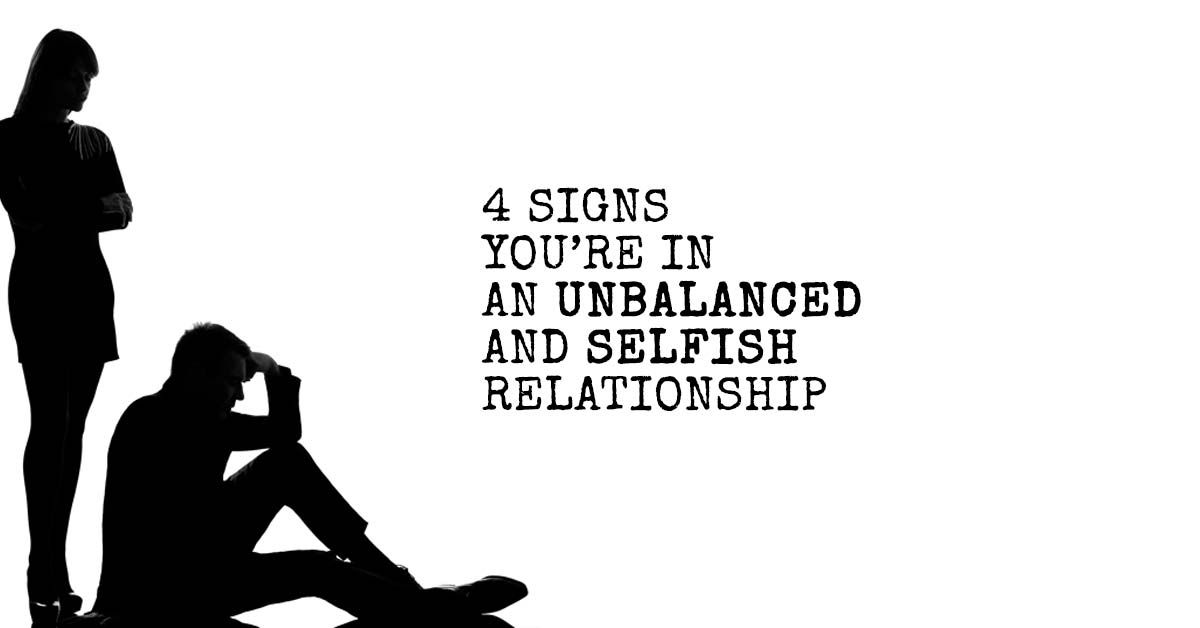
Investigate possible reasons for the change
Certain changes in you or your partner can be a sign that they’re developing a physical or mental health condition like depression. If you suspect this is the case, consider approaching them with empathy and asking if there’s something you can do to help.
In other cases, your partner’s behavioral changes might not be a change at all. Instead, it may be something they’ve always done, but now — for whatever reason — it’s starting to irritate you.
In this case, consider doing some soul searching into if this is something you can accept. If it isn’t, you could try to communicate this with your partner to come up with a solution or compromise that works for both of you.
Zero in on the real problem
One way to deal with a partner that’s changed is to ask yourself: What is it exactly about this difference that bothers me? Once you pinpoint what that is, you can then communicate your concerns more effectively.
For example, instead of saying, “I hate this new friend you have,” you could explain to your partner: “I’m glad you found someone you like to hang out with, but I feel like we aren’t spending as much time together as I’d like. ”
”
Communicate to understand
When something doesn’t quite feel right in a relationship, communication is the key to understanding the other partner’s perspective.
For big changes like a partner that suddenly doesn’t want to have children anymore, this could mean diving into possible reasons why.
For instance, maybe they really do want children, but they’re afraid they’ll be unable to support them financially. Once you understand the reasons behind this change, you can work together to ease their fears.
Realize when changes are deal breakers
If your partner has changed in a way that you know you’ll have a difficult time living with, or if they’re doing hurtful or abusive things, sometimes it’s necessary to end the relationship. And that’s OK.
Letting go of a relationship isn’t easy, but sometimes it’s the best solution for one or both partners.
Relationships with friends, family members, and even co-workers aren’t immune to changes either.
For instance, one of your friends might have recently entered a new relationship, while you remain single. This can change the dynamic of your friendship.
Handling this is much like dealing with change in a romantic relationship. Honest, open communication paired with empathy can help you adjust to the new norm.
Relationships are like living things — they grow and change with the seasons of life.
Embracing change and learning to adapt when expectations aren’t met can ensure your relationships continue to evolve the way it was meant to.
If you and your partner are having difficulties with changes — big or small — you could consider relationship therapy or marriage counseling. Many couples find that talking with a trained professional helps them adapt to changes, handle conflict, and provides the tools you need to cope.
Change: 7 lessons of survival | PSYCHOLOGIES
We don't like change. And the harder we try to put life on the shelves and plan everything, we get hung up on how it should be, the harder changes hit us and the harder it is to accept them. As well as the fact that not all of our plans, verified to the smallest detail, are destined to come true.
As well as the fact that not all of our plans, verified to the smallest detail, are destined to come true.
Whether the change is health, personal, work, income, where you live, having children, we need to have the strength, emotional maturity, and certain life skills to cope with the challenges. The Universe puts us in a situation where we must accept change, learn a lesson, and make a choice.
Everyone has once found himself and will find himself more than once at the crossroads of life's roads, having lost all reference points, being sure that there is no way out. But there is always a way, just not always like it. How can we learn to respond more calmly to change? How to be able to find a way out in a sea of doubts and understand which choice will be right?
1. Look at change with curiosity. Pay attention to what you can learn from this situation, what lesson you can learn. Difficulties do not last forever, they also have a "shelf life".
2. Forget your plans. Get rid of a thoughtful life plan. Do not limit yourself and your life to frames in which there is no room for change. Life is full of unexpected twists and turns that cannot be predicted. By relying on a well-thought-out plan, you run the risk of disappointment, anxiety, and sadness as life takes its next turn to take you to the next level.
This does not mean that goals should not be set. Need. But it is equally important to remember that we do not exist for purposes, but purposes exist for us. They help to move through life according to our "mission" and vision of ourselves in this world. But in the plans there should always be a place for the creativity of the Universe.
3.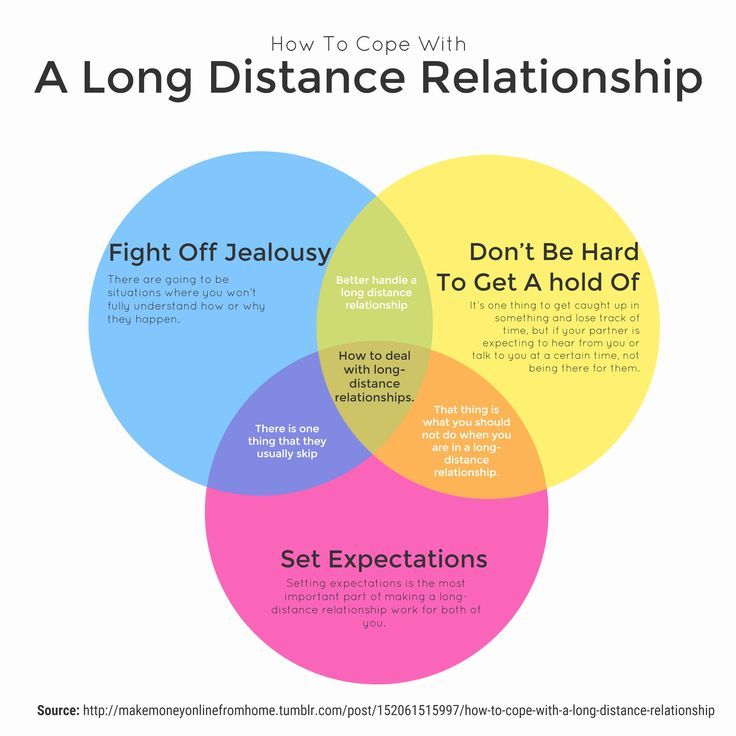 Listen to your intuition. This is the voice of the heart, or the unconscious mind, in terms of hypnotherapy. Be aware of this voice, make contact with yourself. The voice of the heart will never deceive. It will help you find the truth within yourself and the answers to all questions, it can become your guide, while an infinite number of opinions of others will only exacerbate your anxiety, preventing you from making a choice.
Listen to your intuition. This is the voice of the heart, or the unconscious mind, in terms of hypnotherapy. Be aware of this voice, make contact with yourself. The voice of the heart will never deceive. It will help you find the truth within yourself and the answers to all questions, it can become your guide, while an infinite number of opinions of others will only exacerbate your anxiety, preventing you from making a choice.
4. Remember that there is always a choice. Everything that happens to you today is the result of past actions. The future is the result of your choices today. Use this unique gift wisely. Make life the way you want it to be. You have every opportunity for this, and everything will definitely work out.
5. You have everything you need. The Universe does not always give what we want, but always gives what we need at this particular moment. The question is: to what extent are we able to realize the authenticity of our desires? Do we really want something? Have you become victims of consumerism, public opinion, stereotypes, advertising, an imposed lifestyle?
We don't always get what we want, but we always have what we need for further growth and development. Sometimes we gain something after losing something else before it. For example, you can be left without a stable job and perceive it as a disaster. And you can see this as an opportunity and do something else, for example, to realize an old dream.
Sometimes we gain something after losing something else before it. For example, you can be left without a stable job and perceive it as a disaster. And you can see this as an opportunity and do something else, for example, to realize an old dream.
6. Don't let fear stand in your way. He will whisper convincingly to you about difficulties and failures. Sometimes it can disguise itself as an inner voice, just to return you to the place - where it was familiar, warm and safe. If you feel fear getting in the way, focus on your goal. Imagine her. Imagine yourself after achieving this goal. Imagine what your life will be like. Face your fear and move forward. He simply will not have any other choice but to step aside and give way to you.
7. Embrace change and say yes to it. Instead of resisting or refusing, let them into your life. They are necessary so that you can appreciate everything that you have now, to see your life path in perspective. Change seems to offer us other options from which to choose. Try something you've never tried, do something you've never done. Expand your boundaries. It may not be the best decision of your life, but the new experience will be priceless. After all, wisdom comes after the experience that we accumulate throughout life.
Change seems to offer us other options from which to choose. Try something you've never tried, do something you've never done. Expand your boundaries. It may not be the best decision of your life, but the new experience will be priceless. After all, wisdom comes after the experience that we accumulate throughout life.
Change is a gift from the Universe, which must be accepted with readiness and gratitude. Listen to your heart and follow it. By meeting change without resistance or resentment, we teach loved ones to do the same. This means that we are following our highest goal - changing the world for the better.
About the author
Lyubov Revenko – psychologist, hypnotherapist, co-founder of the School of Conscious Change. Specializes in working with traumatic experiences, anxiety, phobias, addictions and relationship problems with a partner.
Text: Lyubov Revenko Photo Source: Getty Images
New on the site
“I wrote a book and my friends turned their backs on me.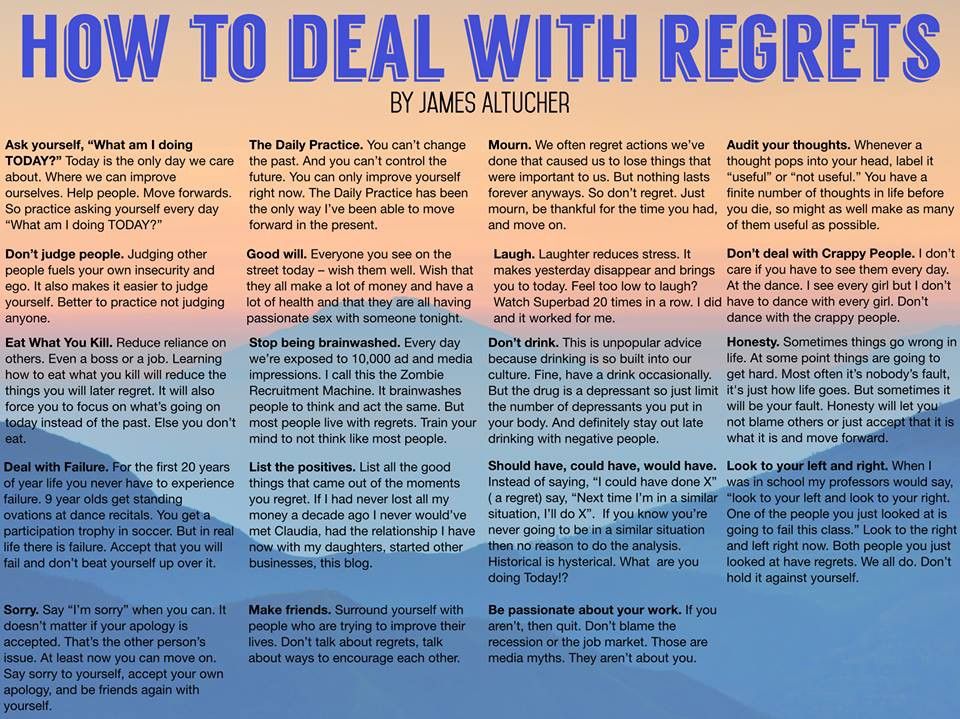 Is it out of jealousy?
Is it out of jealousy?
"People always call me 'you': how do I explain that this is a violation of my boundaries?"
What do recurring dreams hide
How to let a child realize his talent without injuring him: opinions of psychologists and the jury of the Blue Bird competition
Anniversary Syndrome: what is it and why is it so important to know the history of your ancestors
The psychology of sales: how to learn to save money and stop feeling guilty after shopping
Do you buy coffee to go? Scientists told why it is dangerous for health
“I am rude and aggressive towards my relatives. What is wrong with me?"
How to learn to accept changes in life
In general, change is good, because monotony kills a lot more. Even if you call monotony stability. Even if that's what you were aiming for. Or you were convinced that you were striving for it. Or have you convinced yourself that for some reason you need this monotonous stability.
In words, most people are waiting for something to happen in their lives, although they are afraid that something will happen. And when it happens or happens, the majority for some reason is consistently dissatisfied. And general discontent is, perhaps, the only stability that can be boasted of today.
And even if this does not apply to you, because you are easy-going and always open to new experiences (relationships, challenges, life quests), it is still useful for you to learn how to learn to accept change painlessly. At a minimum, in order to competently support those around you who are depressing with changes.
Top 7 life hacks to survive any change:
- Relax and get enough sleep.
- Remember your old desires and make new ones.
- Get rid of yourself.
- Stop being offended.
- Find a reason to laugh, or at least smile.
- Get rid of imposed values.
- Get ready.
In fact, you have already heard all these hints many times, but you did not always attach due importance to them. We'll just show you how it works in practice.
We'll just show you how it works in practice.
“Morning is wiser than evening”
Everyone has heard the saying, but not everyone has analyzed it properly. And its essence is that a person who is rested and slept is less inclined to be nervous and reflect. A rested brain works better and quickly finds a way out of a difficult situation. Not always immediately, but a tired brain usually does not find anything useful for specific actions.
Therefore, the first life hack: if you are overtaken by changes, objectively or subjectively unpleasant, be sure to rest and get enough sleep. If anxious thoughts keep you awake, then in addition to time-tested remedies like lemon balm tea and valerian, fresher tips have been added: work on the ground, hockey and pleasant reading before bed.
“A holy place is never empty”
Everyone has heard this proverb, but few have seriously considered it either. The bottom line is that nature does not tolerate emptiness. And, if something has left your life, it means that something else will come to the vacant place. What exactly is up to you. It can be a new relationship, a new job, a new hobby, or maybe longing, despondency and fear of the future.
What exactly is up to you. It can be a new relationship, a new job, a new hobby, or maybe longing, despondency and fear of the future.
Remember what you always lacked time for: sports, English, books, general cleaning, macrame, cross-stitching? So do not wait for another opportunity: quarantine or dismissal is a great way to take the free time with something pleasant.
And there is no need for this “but what then to live on ?!”, “we will have nothing to eat” and so on. You still won't be looking for a new job 24 hours a day. So allocate yourself a couple of hours a day for reflection and the search for new options. The rest is for yourself and everything pleasant.
“It's easy to say”
And also “talking is not carrying bags” and other wells of folk wisdom come to the rescue when a person stubbornly strives for depression. In fairness, many conscious citizens have already tried the previous two tips on themselves. And they didn't help everyone. Especially if the situation is objectively unpleasant. And if it is also massive - even more so.
And if it is also massive - even more so.
Then the to-do lists for the week are gathering dust, the threads for cross-stitching - too, hands have not reached the cleaning, and books, incl. in English, you have never opened it. This is also normal. Someone moves away from stress faster, someone - more slowly.
If you are the slow type, just leave yourself alone. Well, did you somehow live without macrame and English for the previous 10 years? Yes, and with an uninflated abdominal press. Here you go for another week or two! During this time, you yourself will get tired of being bored and will want to do something more interesting than just loitering around and sorting out useless thoughts in your brain.
Or maybe you want to revise your plans, drawn up many years ago, and add something more relevant to them than cross-stitching. Then things will go faster, with enthusiasm and pleasure.
“They carry water for the offended”
Here you can hardly guess what the saying has to do with life changes, but the all-knowing Google will tell us everything. In the 19th century in St. Petersburg, the price of imported water was fixed, and those water deliverers who were offended by low prices and tried to illegally speculate had their horses confiscated and forced to carry carts with barrels on themselves.
In the 19th century in St. Petersburg, the price of imported water was fixed, and those water deliverers who were offended by low prices and tried to illegally speculate had their horses confiscated and forced to carry carts with barrels on themselves.
In other words, people who are always offended by everything, consider this life unfair, and themselves underestimated, changes for the worse happen much more often. Therefore, it is better to leave all your grievances against parents, children, friends, bosses, colleagues, neighbors in the past. Well, or set a limit: complain about one situation that offended you no more than once.
If it doesn't help, then time management will help. Calculate how much time per day you go over in your thoughts your dissatisfaction with someone, something, sometime or recently happened. You will see that a lot. During this time, you would have time to make yourself coffee, a sandwich, watch a comedy, and even retell to someone all the jokes from this comedy. Maybe not the most intellectually intense pastime, but certainly more useful than accumulating negativity in yourself.
Maybe not the most intellectually intense pastime, but certainly more useful than accumulating negativity in yourself.
“We smile and wave”
You won't remember now where and when you first heard this phrase: in the cartoon “Madagascar”, the film “The Madness of King George” or a song by Alexander Fur. Yes, and we do not know whether this phrase will help in all situations faced by the heroes of these wonderful works.
But we know for certain that a person smiles not only when he feels good. The reverse also works: even an insincere and strained smile after a short time makes the brain think that everything is fine with us, hormones of joy begin to be released in the body.
In general, keep a life hack: if the mood is worse than ever, and there are no constructive thoughts about the impending changes yet, take your time with something fun. Watch a comedy, read anecdotes, sing some funny songs in online karaoke. And you will notice that after half an hour of such an action you feel better and everything around is not so bad.
And one more thing that many overlook: any comedy, anecdote, song is almost always some kind of short but instructive story. Think about the meaning and perhaps this will tell you a way out of your situation. In the end, almost everything that happens to us has already happened somewhere and to someone.
“What is good for a Russian is death for a German”
No, we do not wish death on anyone just because everything is bad now. We suggest thinking: is it really so bad? Agree, situations do not happen so often when a legless disabled person with 10 children and a cancer-sick wife finds herself homeless on the street due to loan debts. Usually we are saddened by much less significant events: a quarrel with a loved one, dissatisfaction of parents, problems at work, lack of money, etc.
In psychology, there is such a thing as "imposed values". Family, parents, society impose on people certain patterns of behavior and standards of what is good and what is bad.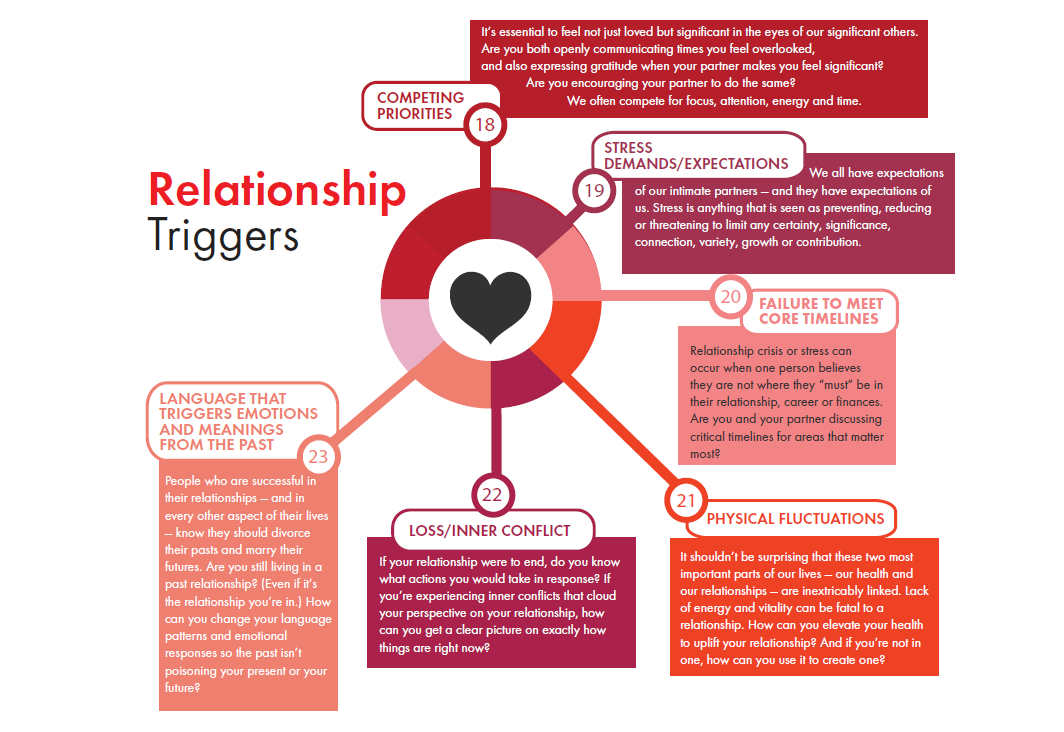 If you leave alone crime and hygiene, then in all other respects you yourself have the right to decide what is good for you and what is not. And then you will immediately see how much you have reduced the number of reasons to consider yourself a loser.
If you leave alone crime and hygiene, then in all other respects you yourself have the right to decide what is good for you and what is not. And then you will immediately see how much you have reduced the number of reasons to consider yourself a loser.
You don't have to want to have a career like your parents would. In this context, being fired ceases to be a problem, because personally you are quite comfortable working from home, and your profession as a programmer or designer allows this. You don’t have to want to get married at 22, and if a quarrel with a young man upset you just because your mother sees a worthy groom in him and again starts to take out the brain on the topic “I want grandchildren” - let your mother pay attention to your dad. You can always find the words to tell your mother about it gently and tactfully. And not just mom. In general, realize your life goals and stop making excuses for it.
"Be ready - always ready"
This catchphrase will soon celebrate its 100th anniversary, but its relevance is still great.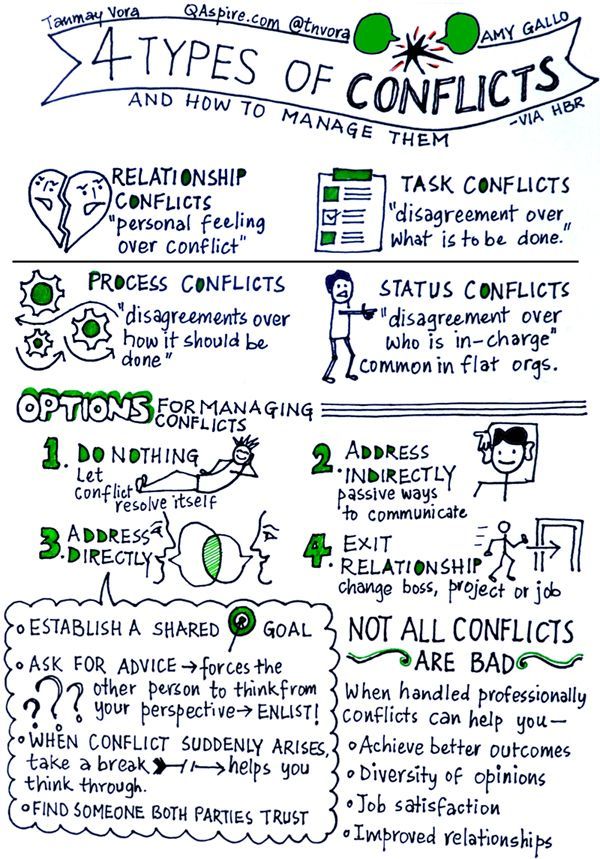 In order to accept all changes in life positively or at least painlessly, you need to be ready for them. We are well aware that some event has now taken a person by surprise, but this is not the last event that has the potential to unsettle you. When you deal with current affairs, take into account the experience and prepare for the next cataclysms in advance. In today's world, they will not keep you waiting long.
In order to accept all changes in life positively or at least painlessly, you need to be ready for them. We are well aware that some event has now taken a person by surprise, but this is not the last event that has the potential to unsettle you. When you deal with current affairs, take into account the experience and prepare for the next cataclysms in advance. In today's world, they will not keep you waiting long.
How to prepare? Multidimensional! In financial terms - do not accumulate debts, make at least small savings, look for additional income, master new professions and monetized trends.
Professionally - again, follow the trends in the profession and related fields, develop soft skills, improve your English, even if you don’t really need it right now, study new computer programs, platforms, gadgets, functions.
Personally, become an interesting and useful interlocutor, take an interest in people, make new acquaintances. You never know what networking will bring you: participation in a new interesting project or meeting your destiny for life.



